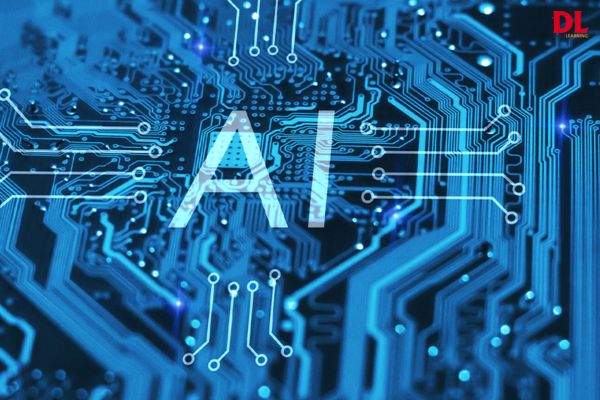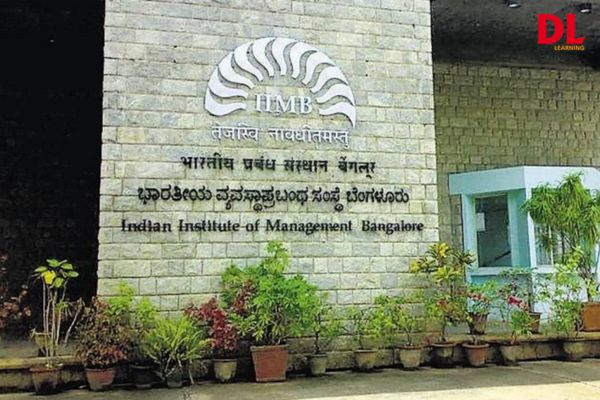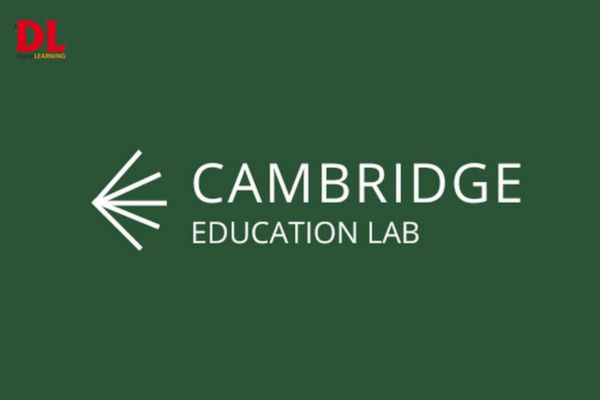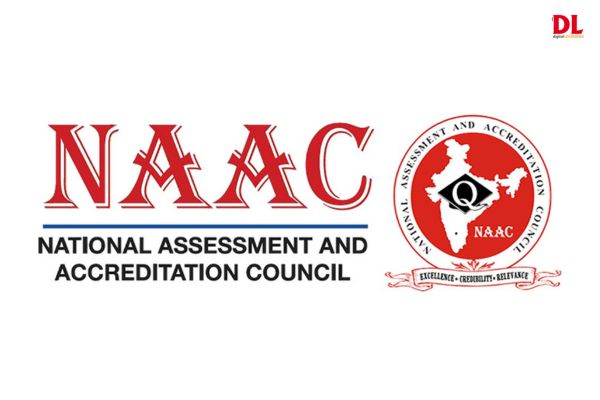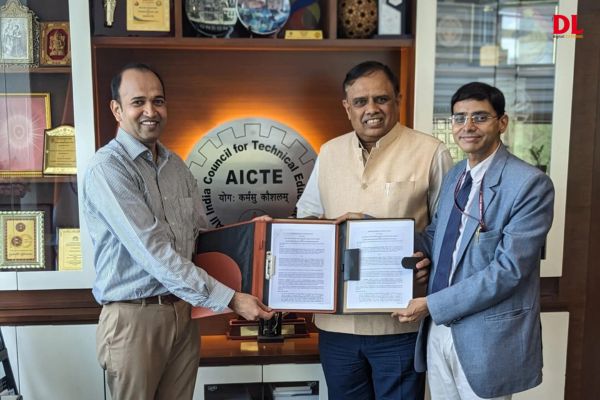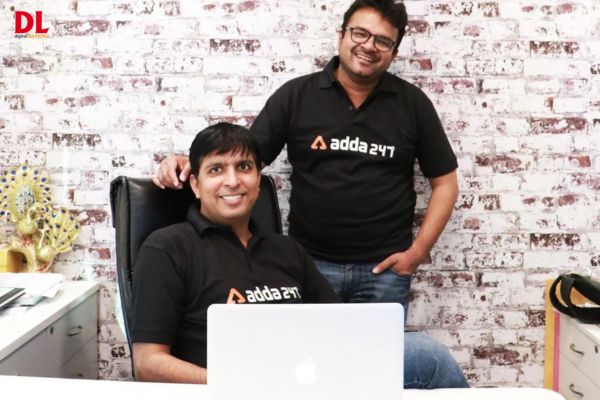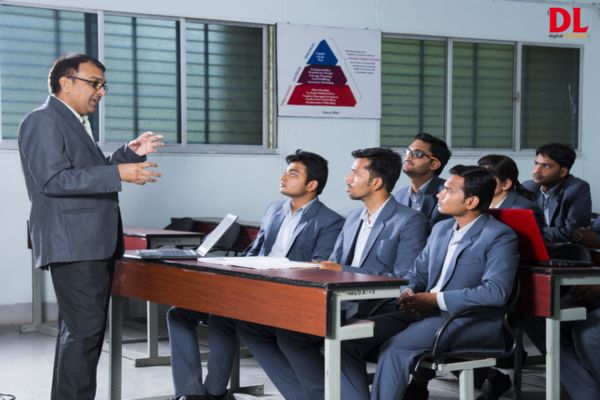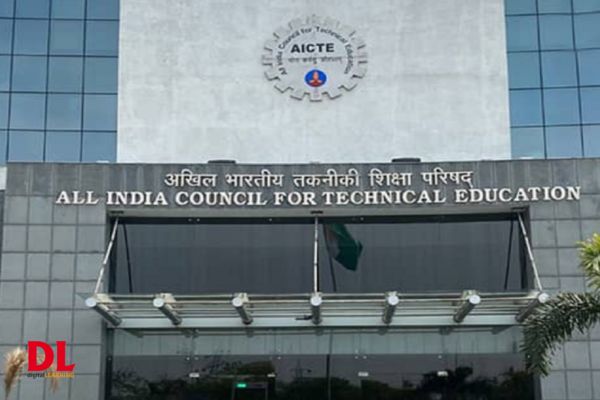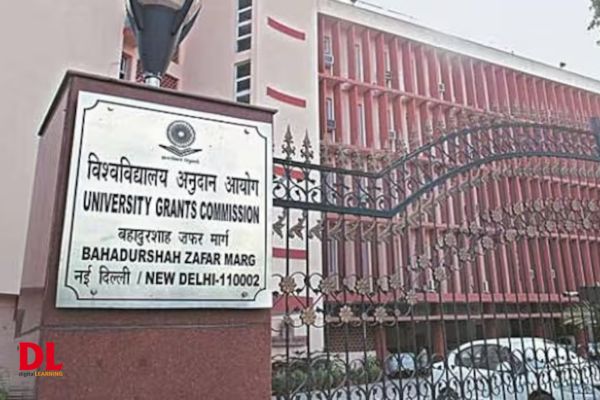The University Grants Commission (UGC) has sanctioned a plan for 18 state universities and higher educational institutions (HEIs) in Karnataka to partner with overseas universities to offer twinning, joint, or dual degree programs.
Among these 18 institutions are prestigious ones such as the Indian Institute of Science (IISc) in Bengaluru, National Law School of India University (NLSIU), University of Agricultural Sciences (UAS) in Bengaluru, University of Mysore, Visvesaraya Technological University (VTU), and private institutions like Manipal Academy of Higher Education and Christ University, which are both deemed to be universities.
These collaborations will cover a variety of fields including psychology, nursing, engineering, information technology, biotechnology, law, human rights, and arts and humanities, all of which have been approved.
Following the National Education Policy (NEP-2020), the UGC announced the University Grants Commission (Academic Collaboration between Indian and Foreign Higher Educational Institutions to offer Twinning, Joint Degree and Dual Degree Programmes) Regulations, 2022, on May 2, 2022. These regulations aim to foster superior academic partnerships with international educational institutions, thereby enhancing the academic and research stature of Indian HEIs. It is anticipated that such academic collaborations and the exchange of students and faculty will propel Indian institutions toward higher international standings.
A twinning program involves a collaborative framework where students registered at an Indian HEI will split their study time between India and a foreign institution, ultimately earning a degree from the Indian HEI.
In joint degree programs, the curriculum is collaboratively designed by the Indian and partnering foreign institutions, with graduates receiving a unified certificate from both upon completion.
Dual degree programs are also designed collaboratively but are awarded separately by each institution upon the student fulfilling both degree requirements. This approach is distinct because it does not equate to pursuing two different degree programs simultaneously in separate disciplines or levels.
The UGC also stipulates certain prerequisites for such collaborations; Indian HEIs must secure approvals from their respective governing bodies, such as the Board of Governors, Board of Management, Syndicate, or Executive Council. Additionally, for programs in specialized fields like technology, medicine, law, agriculture, and other professional areas, further approvals from relevant statutory councils or bodies are required.
Also Read | UGC Instructs Universities to Establish Up to 25% Additional Seats Exclusively for International Students
S. Vidyashankar, the Vice Chancellor of VTU, shared with The Hindu that preparations for memorandums of understanding (MoUs) with foreign universities are well underway. VTU has previously engaged in teaching exchanges and research collaborations with various international universities, permitting students to undertake internships and projects globally. Now, VTU is advancing agreements for twinning programs, notably with Temple University in Philadelphia, USA, with discussions progressing smoothly. Furthermore, plans are in place to establish agreements allowing foreign universities to offer twinning programs in India.







